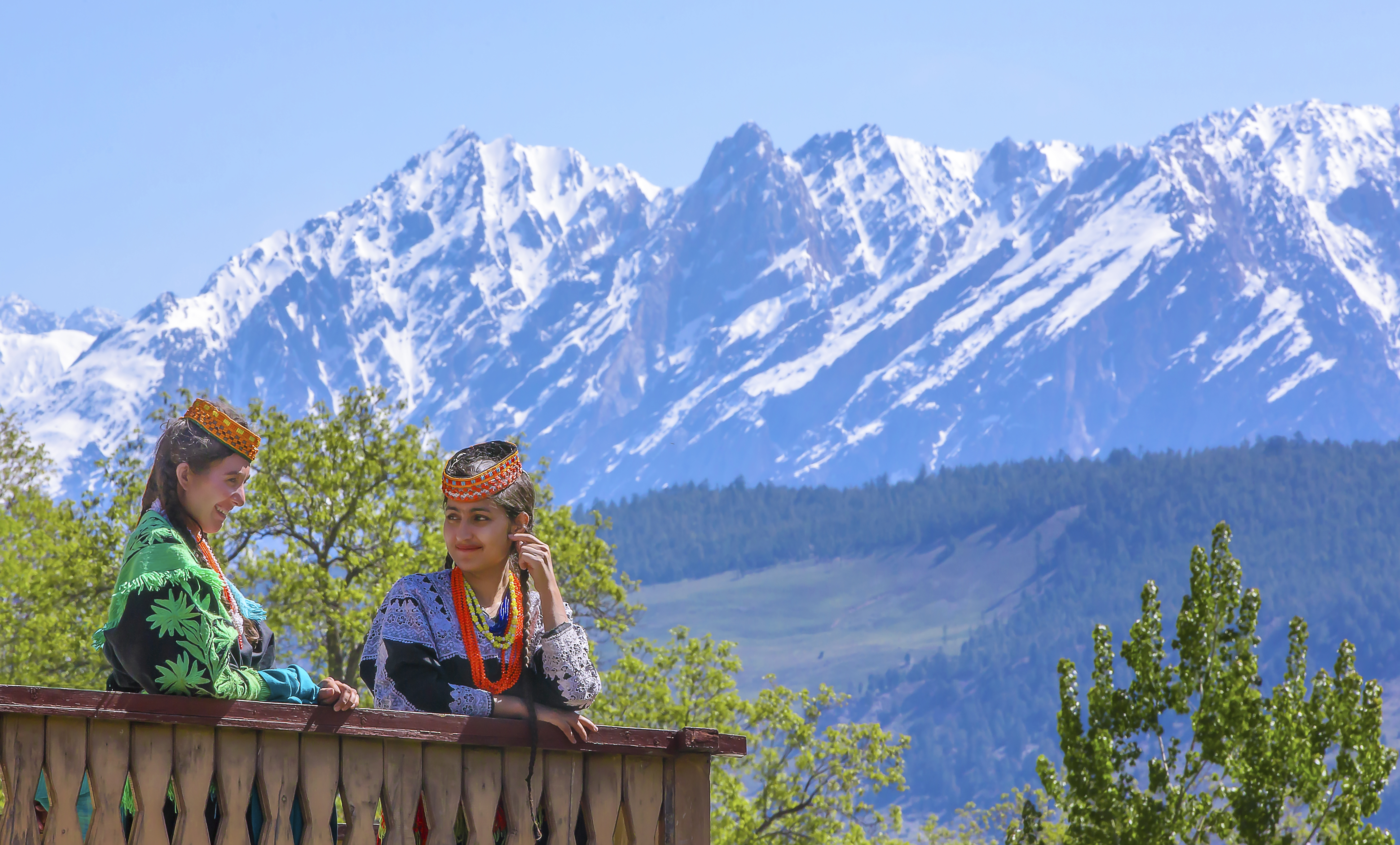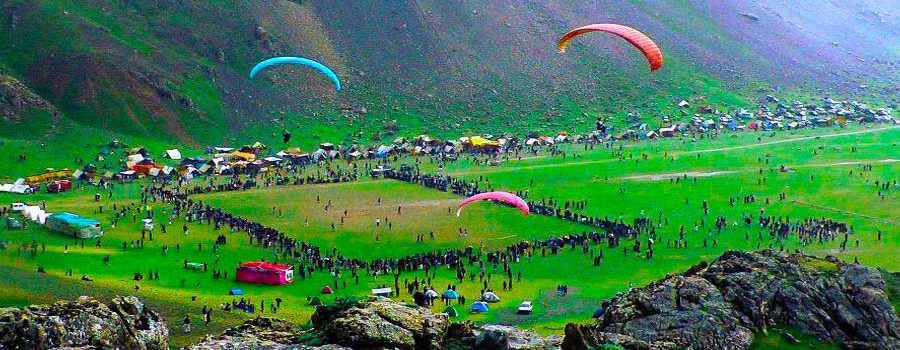



The Kalash Valleys are a group of valleys in northern Pakistan, known for their unique culture and the indigenous Kalash people, who practice a distinct animistic religion. These valleys are located in the Chitral District, nestled within the Hindu Kush mountain range. The Kalash people inhabit three main valleys: Bumburet (the largest), Rumbur, and Birir.
Known for: Indigenous Kalasha people, unique religion, vibrant festivals, and stunning mountain landscapes
Location: District Chitral, Khyber Pakhtunkhwa (KPK), Pakistan
Spring (May):
For the Chilam Joshi Festival — celebrates the arrival of spring.
Summer (June–August):
Lush landscapes, best time for cultural interaction and trekking.
Autumn (September):
Uchau Festival — harvest celebration with music and dance.
Winter (December):
Chawmos Festival — Kalasha New Year, a multi-day ritual-filled event. Snowy and cold, but deeply cultural.
Bumburet:
Most developed and accessible — popular among tourists.
Rumbur:
Quieter and more traditional, excellent for immersive experiences.
Birir:
Least visited, very traditional, culturally authentic.
By Air:
Fly to Chitral Airport from Islamabad (limited, weather-dependent).
Then drive ~2–3 hours to Kalash Valley by jeep.
By Road:
From Islamabad: ~12–14 hours via the Lowari Tunnel (open year-round).
From Chitral City: ~2–3 hours by jeep or local transport.
⚠️ Roads beyond Chitral are rugged—4x4 recommended.
Kalasha Villages:
Wooden houses stacked along hillsides, with terraced fields and mountain backdrops.
Kalasha Museum (Bumburet):
Displays traditional attire, musical instruments, and religious artifacts.
Graveyards:
Open-air wooden effigies — reflect unique burial customs (note: be respectful and ask before visiting).
Festivals:
Attend colorful celebrations with dancing, music, and rituals (see “Local Culture” below).
Kalash Temples & Altars:
Sites of religious offerings — especially active during festivals.
Rumbur Valley Treks:
Nature treks through forests and rivers with interaction with untouched Kalasha culture.
Attend a Kalasha Festival (with permission).
Cultural exchange: Learn about their polytheistic beliefs, lifestyle, and rituals.
Trekking & nature walks through the valleys.
Photography: Traditional dresses, wooden homes, landscapes.
Stay with a local family or in traditional Kalasha-style guesthouses.
Guesthouses and Lodges:
Kalash Galaxy Hotel (Bumburet)
Kalash Home Guest House
Mumtaz Guesthouse (Rumbur)
Homestays:
Available in Rumbur and Birir — more immersive and authentic.
Camping:
Possible in summer — consult locals for safe spots.
Most accommodations are simple but comfortable, with stunning views.
Kalasha Dishes:
Tiki (goat meat stew)
Wheat and walnut bread
Apricot-based dishes
Buttermilk and cheese
Tea and dairy products are central to their diet.
Food Tip:
Eat in local guesthouses or request meals at your lodge — restaurants are limited.
Religion:
The Kalasha are polytheists, worshipping natural spirits and ancestral gods.
Language:
Kalasha-mun, a Dardic language; Urdu and some English in tourist areas.
Dress:
Women wear elaborate black robes, beaded headdresses, and colorful embroidery.
Music & Dance:
Integral to celebrations — group circle dances, flutes, and drums.
Festivals:
Chilam Joshi (May): Spring fertility and matchmaking festival.
Uchau (August–September): Harvest celebration.
Chawmos (December): Winter solstice and New Year festival.
Participation as a tourist is welcome but respect for customs and photography etiquette is essential.
Dress modestly and ask before taking photos.
Cash only — no ATMs or card facilities.
Electricity is limited — carry a power bank.
Respect religious spaces and rituals.
Hire a local guide to deepen your cultural experience.
Day 1:
Arrive in Chitral → Drive to Bumburet → Settle into guesthouse → Evening walk and meet locals
Day 2:
Visit Kalasha Museum → Explore Rumbur Valley → Attend a cultural performance if during festival
Day 3:
Hike or visit Birir → Return to Chitral / continue to Shandur or Mastuj